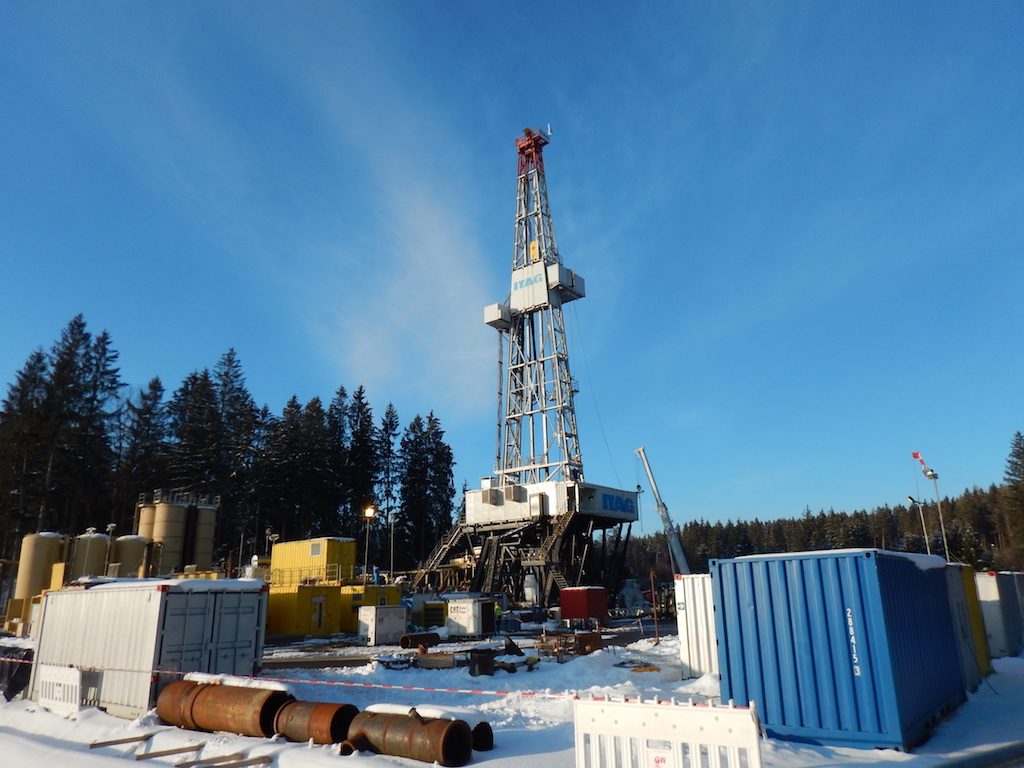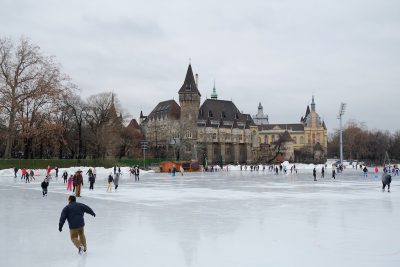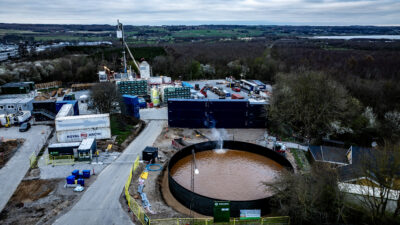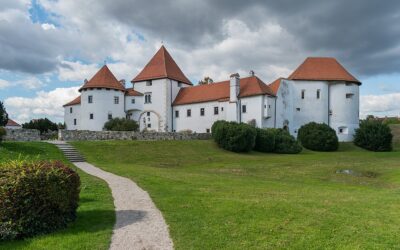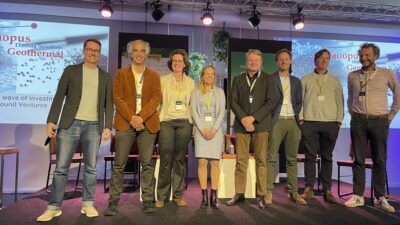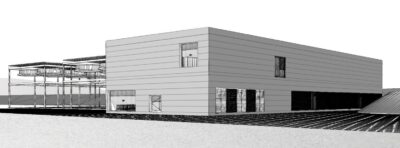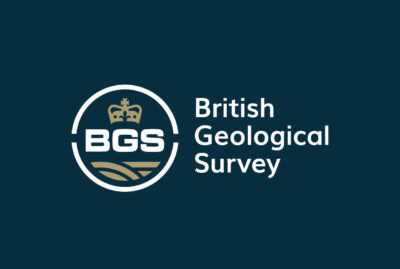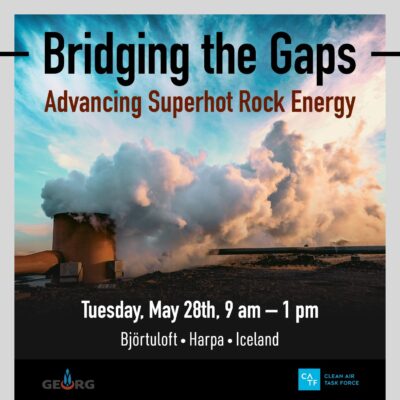Draft published on guidelines for geological risk assessment of geothermal in Germany
BVEG and DGMK have published the final draft of guidelines for standardizing the geological risk assessment of deep geothermal projects in Germany.
The Federal Association of Natural Gas, Petroleum, and Geoenergy (BVEG) of Germany and the German Scientific Society for Sustainable Energy Sources, Mobility and Carbon Cycles (DGMK) have published the final draft of the new guidelines for the geological risk assessment of deep geothermal projects.
The full guide (in German) can be accessed at the BVEG website.
The guide presents a standardized methodology for dealing with geological uncertainties in deep geothermal energy production. It was made for all institutions and people involved in deep geothermal energy including investors, insurers, planners, project developers, operators, and supervisory or licensing authorities. The goal is to provide a transparent and repeatable process for assessing and quantifying the geological probability of success and variability.
The assessment process allows for a comprehensible forecast of the range of possible geological scenarios in a deep geothermal project and their probabilities of occurrence. On this basis, subsurface and surface planning can be carried properly and the associated costs can be realistically estimated.
The guide was prepared in consideration of hydrothermal systems with multiple wells that are planned to be drilled deeper than 400 meters, with a focus on projects in Germany. The guidelines are also applicable to petrothermal and closed-loop system or underground heat storage, taking their specific characteristics into account.
The current version of the guidelines is considered a “gray print.” Thus, the draft is still open for public consultation. Interested parties are invited to submit comments, questions, and comments on the draft by 7 June 2024. The template for comments and proposed changes is available from BVEG via this link.
Moreover, the DGMK will be conducting a webinar on the 30th of April to present the guide and collect feedback from participants. Those who wish to participate in the webinar may register via this link.
Source: TiefeGeothermie
